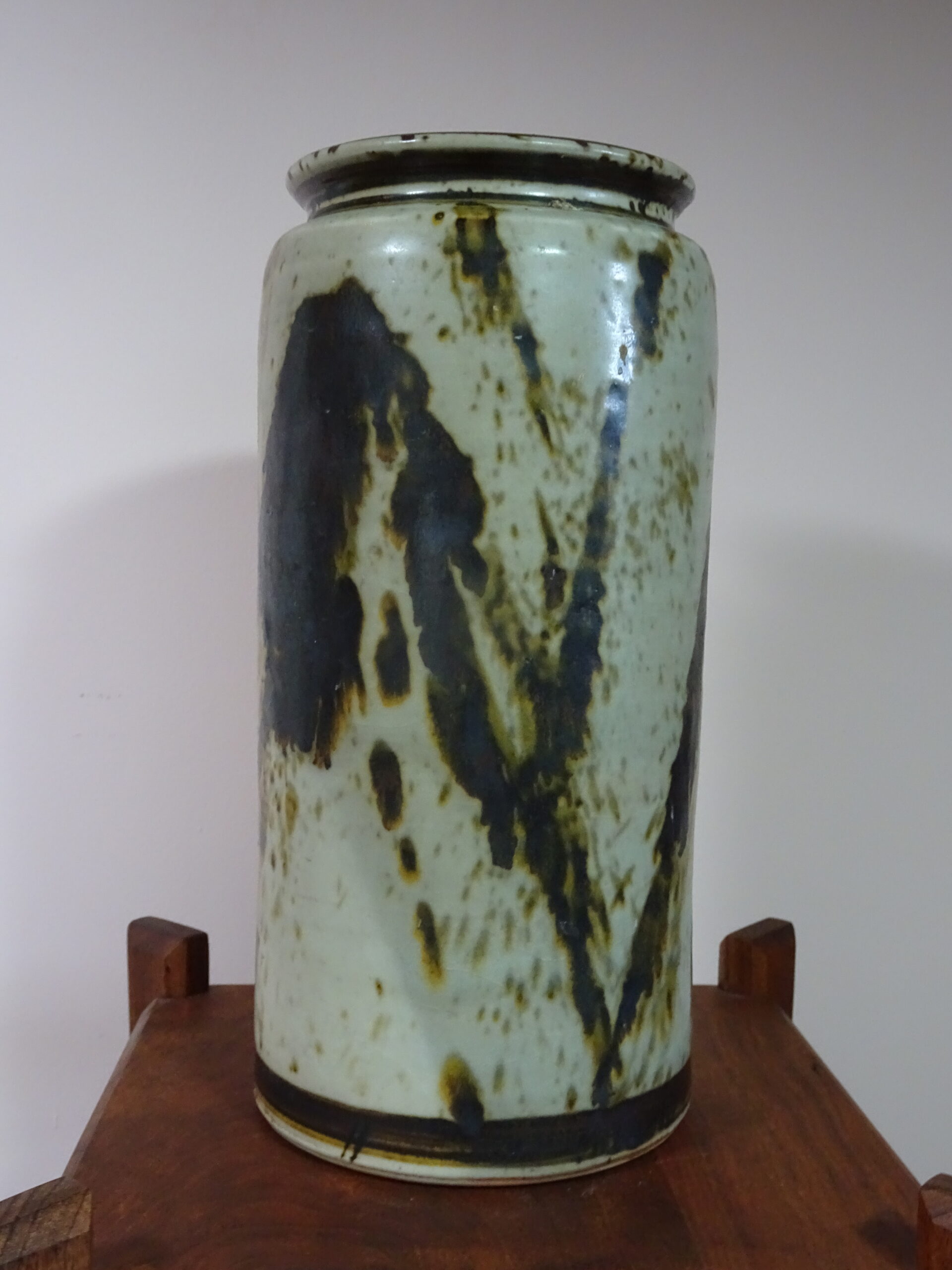As we practiced Advent waiting, celebrating the beautiful ceremonies of Christmas Eve and Christmas Day, and finally welcoming the Light of Epiphany, we also shared the challenges of holiday travel and gift-giving. And the challenge of gathering with extended family. There is a saying, attributed to Ram Dass: “If you think you’re enlightened, spend a week with your family.”
This year my sister and I, who have had a prickly relationship all our lives, decided that we had matured enough to spend a couple of weeks together. I am happy to say that we did it! We started to own our feelings to each other about 10 years ago that we weren’t doing very well together and we began to name the issues that came up instead of fuming and separating. It has been good work for both of us and even though we are near the end of our lives, we have finally been able to set aside the envy and competition and let the love underneath live. Thank God! And our communities!
Because of this and other difficult family relationships, I’ve been thinking about the lectionary scripture for this week, and about relationship within the divine family. The scripture is the well-loved description of the wedding at Cana and is referred to in the wedding service of many Christian churches, as the divine affirmation of marriage.
But the part of this passage that has intrigued me more these day is Jesus’ abrupt response to Mary’s news that the hosts have run out of wine. In the older versions, he replies, “Woman, what have I do with thee? My hour has not yet come.”
Some translations soften what he said, “Dear woman, why do you involve me?” (NIV). But in The Message, we read: “ Jesus said, ‘Is that any of our business, Mother—yours or mine? This isn’t my time. Don’t push me,’” which seems more like Jesus to me. I don’t find him to be either sweet or sentimental, but deeply present and true to each person in each moment. But why would he respond negatively, setting a firm boundary, and then, almost immediately, carry out a solution to the problem she raises?
Jesus, at this point, has recently fasted forty days and nights in the desert with the wild beasts, facing some deeply serious temptations. He has come through whole and mature and complete. He asked to be baptized by John at the Jordan, where God spoke and named Jesus as his beloved son, and the descent of the Dove followed. He has chosen his disciples, who are with him at the wedding. A full grown man, he is not his mother’s boy anymore.
And Mary is not merely a stereotypical Jewish mother. We know her from her prophetic words in the Magnificat. She is a person who can see the broader historical vision for her people and who can commit herself to the realization of that vision. From their exchange we can infer that she cares about the people in her community and she knows Jesus can help.
There is a fullness present in this brief dialog between the two. It is a profoundly liminal moment for Jesus. He is poised to begin his ministry. He has carried out every detail to prepare. And now, in the words of Kayla McClurg, he is “certain and uncertain.” Later in his ministry, he often says to people he heals, “Your faith has healed you.” As I pondered it occurred to me that Jesus may have leaned into Mary’s faith and that may have opened the Way for the “sweet excess” of his turning the water into wine.
A couple of stanzas from a poem by Richard Wilbur, “Wedding Toast” are a beautiful description of the outpouring of love given at Cana:
Whatsoever love elects to bless
Brims to a sweet excess
That can without depletion overflow.
Which is to say that what love sees is true;
That this world’s fullness is not made but found.
Life hungers to abound
And pour its plenty out for such as you.
Not only our faith in God, but our faith in one another, opens the Way for the fullness of love, the bounty of grace. As my sister and I found, the love that lay at the center of our relationship all the time, was covered up by superficial things. When we nurtured our faith in each other, we were able to have real joy in being together.
–Carol Martin, Bread of Life
Questions
- Where do unspoken feelings impact relationships in your life?
- When have verbalized feelings opened the way for new connections?
- When have you been surprised by “love’s sweet excess?”





